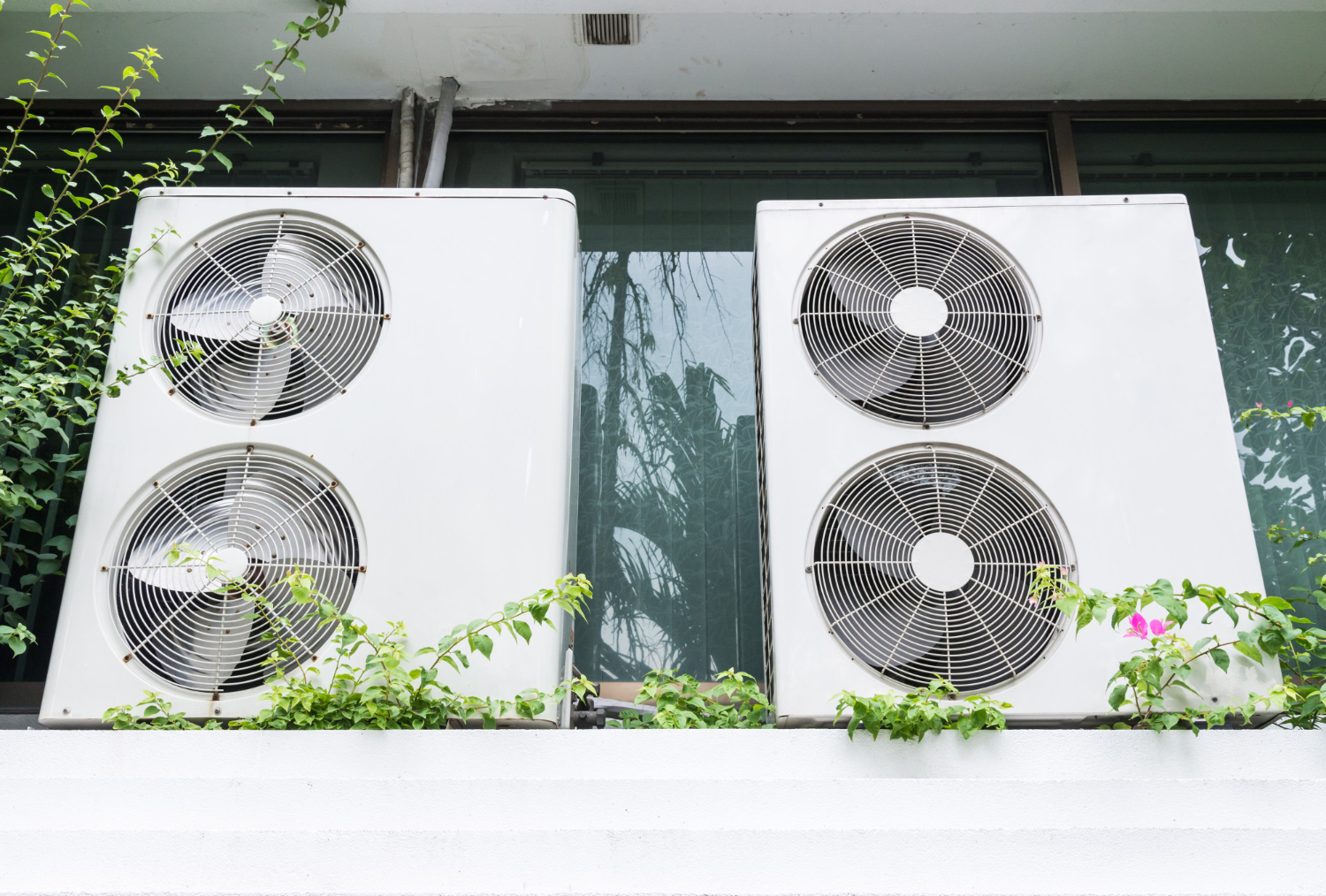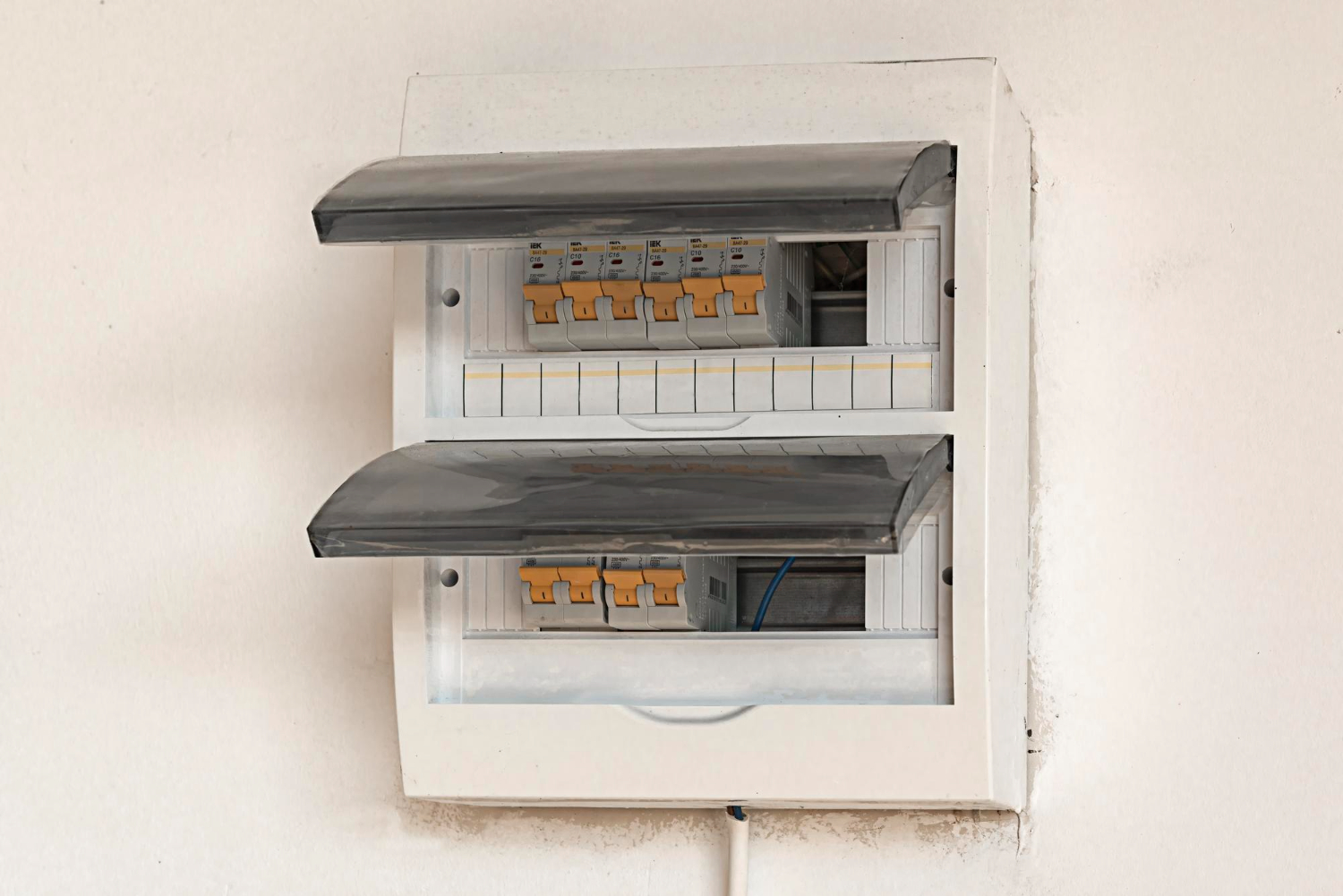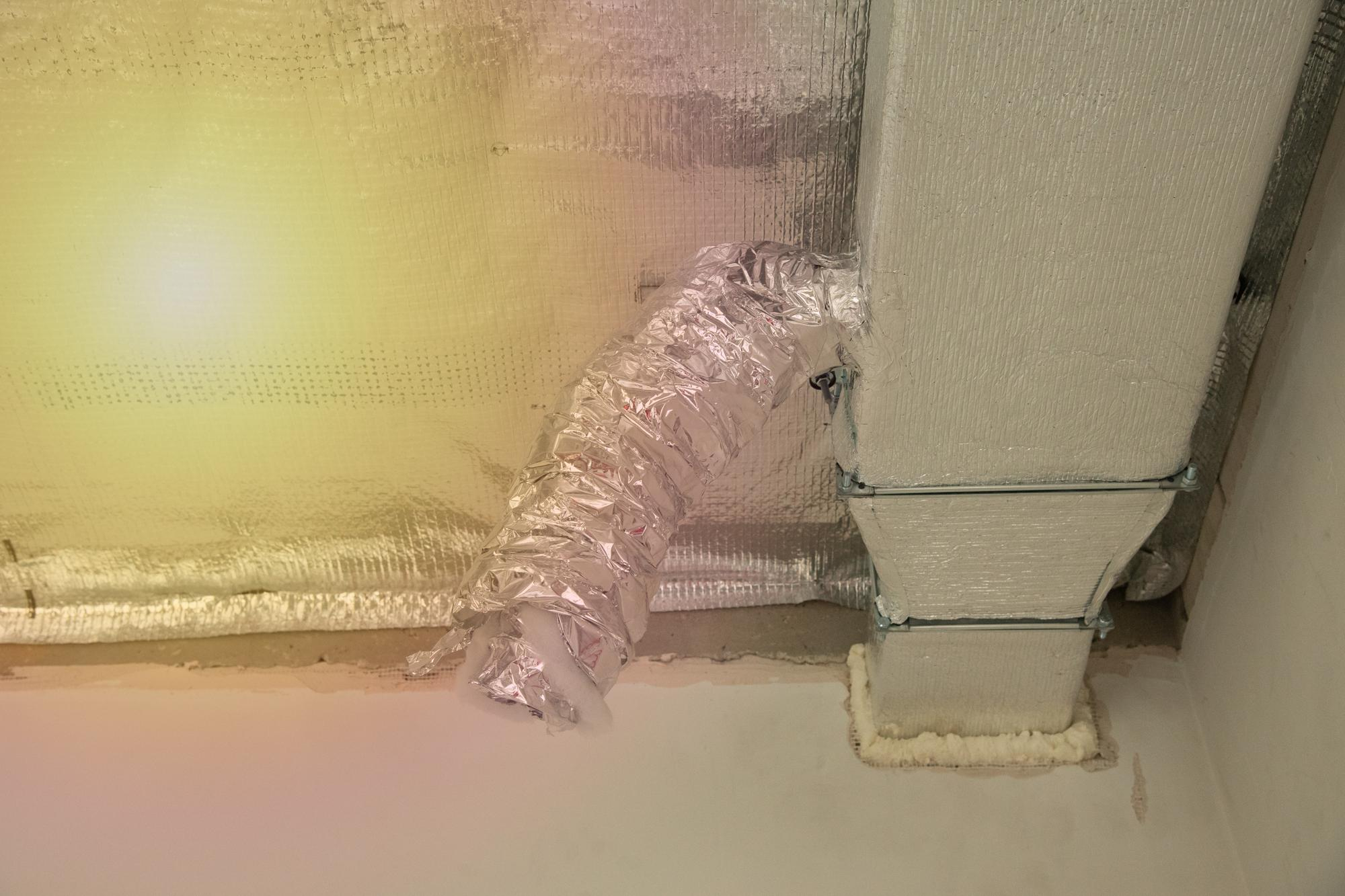New Dept. Of Energy (DOE) Regulations For Heating And Cooling Efficiency: What You Should Know
New SEER standards go into effect on Jan. 1, 2015
As we all know, the government regulates just about everything in our day-to-day lives, and air conditioning and heating are no different.
The Department of Energy sets energy-efficiency standards for HVAC equipment that manufacturers must meet. The standard is measured as the Seasonal Energy Efficiency Ratio (SEER): a number prominently displayed on the bright yellow Energy Guide sticker on the side of air conditioners, heat pumps, and other equipment.
The higher the SEER rating, the more energy efficient the unit is, and the more money you can expect to save by operating it. If you have an older air conditioning unit, you might see that it has a rating of 8 or 10 SEER. More recently, units have been manufactured to achieve 13 SEER, to meet the DOE’s requirements.
But times are changing, and the DOE has raised the bar higher for equipment distributors. There will be new efficiency standards based on the region that you live in–standards that officially go into effect on January 1, 2015.
Beginning on that date, air conditioners installed in homes in the South region of the U.S. (Texas is included in the South region) must have at least a 14 SEER rating. The same goes for heat pumps and gas package units installed in the South region.
But what if the equipment manufacturers, distributors, and building contractors still have 13 SEER air conditioning units in their inventory by that date? Fortunately, the DOE is allowing an 18-month grace period to sell, distribute and install these units, as long as they have a manufacturing date before January 1, 2015.
Yes, it does get a little complicated–there are different efficiency standards for other regions of the U.S., for example. Be sure to discuss options with your Daffan tech to select a unit that meets your needs, both now and in the future (for example, if you are planning to sell your home sometime in the future, a unit with high efficiency may have a positive impact on your home’s resale value).









